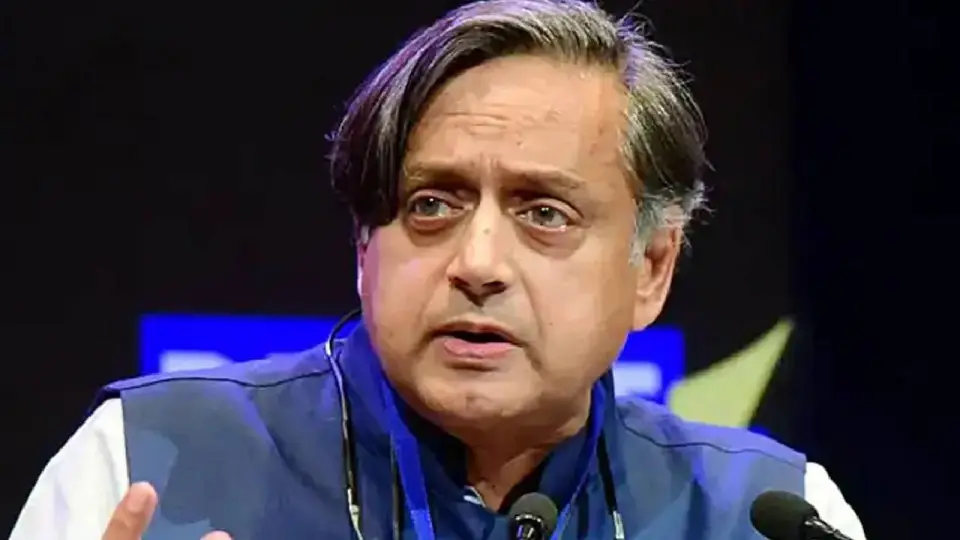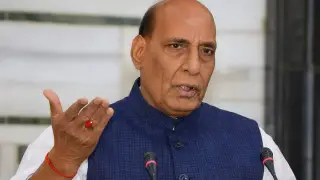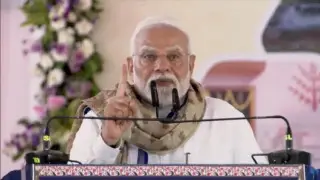
Credit:Top Indian News (Credit:Top Indian News)
National News: US President Donald Trump recently claimed that India would drastically reduce its Russian oil imports by the end of the year. According to him, Prime Minister Narendra Modi personally assured Washington of this decision. Trump said the reduction would be gradual but significant, bringing imports “down to almost nothing.” His remarks quickly spread across international media, sparking questions in New Delhi about whether such an understanding had actually been reached.
Congress MP Shashi Tharoor was quick to criticize Trump’s statement. Speaking to ANI, he stressed that India does not need anyone else to announce its policies. “We don’t tell the world what President Trump will do,” he said. “Similarly, he should not tell the world what India will do.” Tharoor underlined that India is an independent nation that must decide its course of action based on its own priorities.
Officials in New Delhi denied any binding agreement to reduce Russian oil imports as dramatically as Trump suggested. India has consistently stated that its energy policy will be guided by affordability, stability, and security of supplies. By rejecting Trump’s claim, India made it clear that while discussions may happen with partners, decisions will remain firmly within its sovereign control. This denial highlights the gap between US expectations and Indian commitments.
Trump made the comments during a White House briefing while hosting NATO Secretary General Mark Rutte. He insisted that India had promised to phase out Russian oil gradually, pointing out that it currently forms nearly 40 percent of India’s energy imports. Praising Modi, Trump called India “great” for supposedly agreeing to the move. His confident tone suggested certainty, but the lack of confirmation from India turned his claim into a diplomatic controversy.
For India, energy imports are not just about politics but survival. With a growing population and high energy demands, India cannot abruptly cut supplies without risking price shocks. Officials argue that diversification is ongoing, but Russia remains a vital supplier. The government’s focus is on protecting consumer interests while balancing geopolitical pressures. This practical approach often clashes with US demands, especially when Washington seeks stronger sanctions on Moscow.
Trump’s remarks come amid a tense trade atmosphere between the US and India. Washington has already imposed 50 percent tariffs on certain Indian goods, and pressure on energy imports adds another layer of strain. For New Delhi, it becomes a balancing act—managing ties with a strategic partner like the US while also ensuring stable trade and energy ties with Russia. Such dual pressures complicate India’s foreign policy choices further.
Tharoor’s sharp words underline a deeper point—that India’s sovereignty cannot be compromised by public claims from another nation’s leader. While New Delhi values its partnership with Washington, it refuses to let its energy policy be dictated. This episode highlights the thin line between strategic dialogue and political overreach. For India, the message remains clear: decisions will be made in New Delhi, not announced in the White House.













Copyright © 2025 Top Indian News
